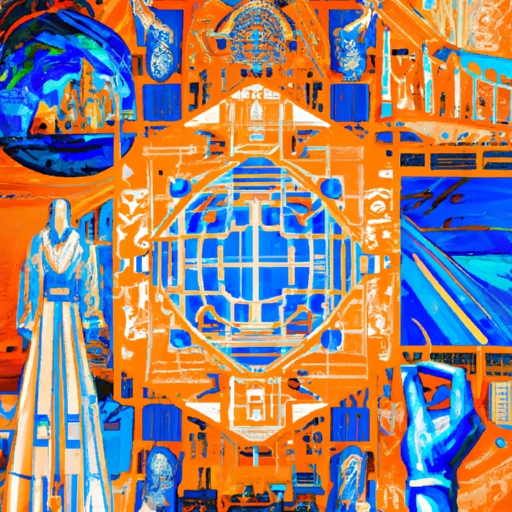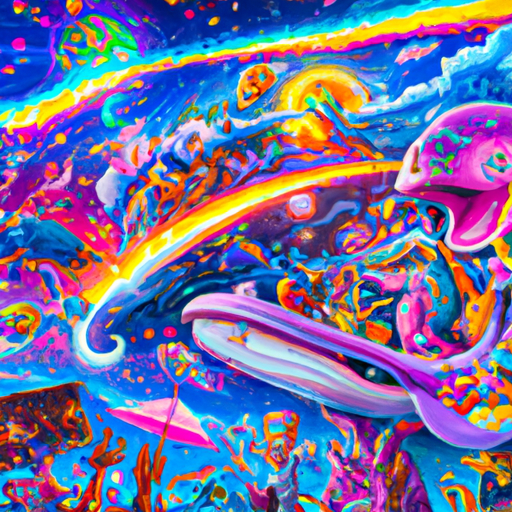Throughout human history, we have been captivated by stories that push the boundaries of our understanding and challenge our perceptions of reality. Science fiction, in particular, has long been a medium for exploring philosophical and spiritual concepts in imaginative and compelling ways. In this blog post, we will delve into the interconnected themes of science fiction films such as The Matrix, The Handmaid’s Tale, and Battlestar Galactica, along with the philosophical underpinnings of simulation theory and solipsism.
The Matrix – A cornerstone of modern science fiction, The Matrix presents a world where humans are trapped in a simulated reality, controlled by intelligent machines. The protagonist, Neo, discovers the truth and must confront the implications of living in a world where everything he believed to be real is, in fact, an illusion. The film draws heavily from the Allegory of the Cave presented by Plato, in which individuals are trapped in a world of shadows and must learn to see the truth that lies beyond.
The Handmaid’s Tale – This dystopian story is set in a totalitarian society called Gilead (not to be confused with Watchtower Bible School of Gilead), where women are subjugated and forced to bear children for the ruling elite. The story explores themes of power, control, and the manipulation of religious doctrine to justify oppressive regimes. The Handmaid’s Tale shares similarities with the real-world experiences of Jehovah’s Witnesses, who also live under a strict religious hierarchy and face severe consequences for disobedience or dissent.
Battlestar Galactica – In this popular sci-fi series, the last remnants of humanity struggle to survive in a fleet of spaceships after their home planets are destroyed by a race of intelligent machines called the Cylons. The show explores themes of identity, faith, and the cyclical nature of history, with characters grappling with questions of what it means to be human and the role of divine intervention in their lives. The concept of resurrection, a central theme in many religions, also plays a significant role in the series.
Simulation Theory – The idea that our reality might be a computer-generated simulation has gained traction in recent years, fueled by advances in technology and popularized by figures such as Elon Musk. This concept raises questions about the nature of reality, consciousness, and the possibility of other simulated worlds existing alongside our own.
Solipsism – A philosophical idea that posits the self as the only thing that can be known to exist, solipsism raises questions about the nature of our perceptions and the reliability of our senses. It challenges our understanding of the world and our place within it, prompting us to consider whether anything beyond our own consciousness can be truly known.
These movies, theories, and philosophies all explore complex ideas and challenge our understanding of the world around us. By examining these interwoven themes, we can gain new insights into the nature of reality, the meaning of existence, and the ultimate purpose of our lives. As we continue to explore the boundaries between science, spirituality, and philosophy, we may find that the answers we seek lie at the intersection of these seemingly disparate realms.



